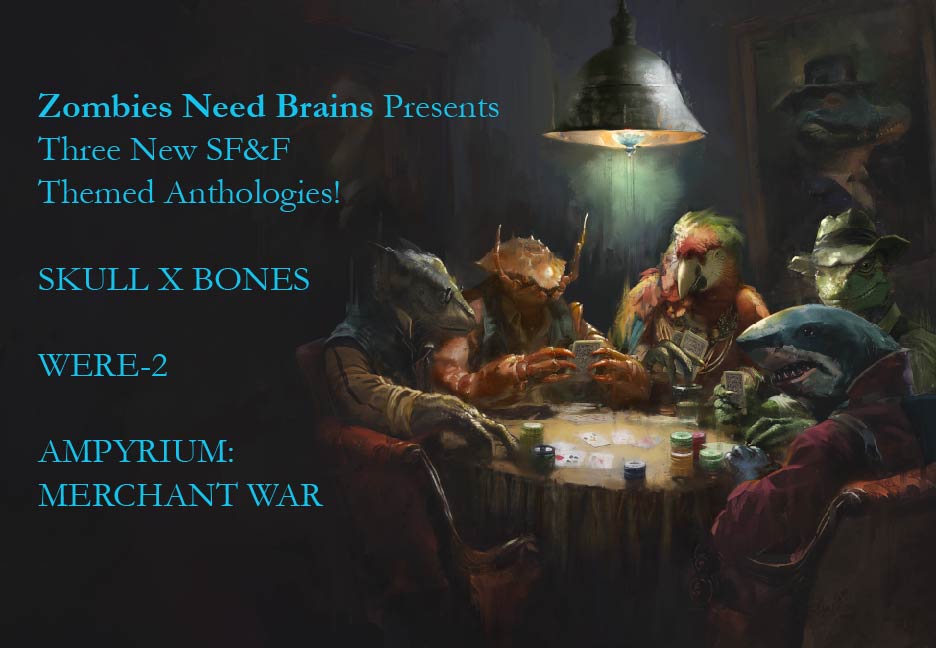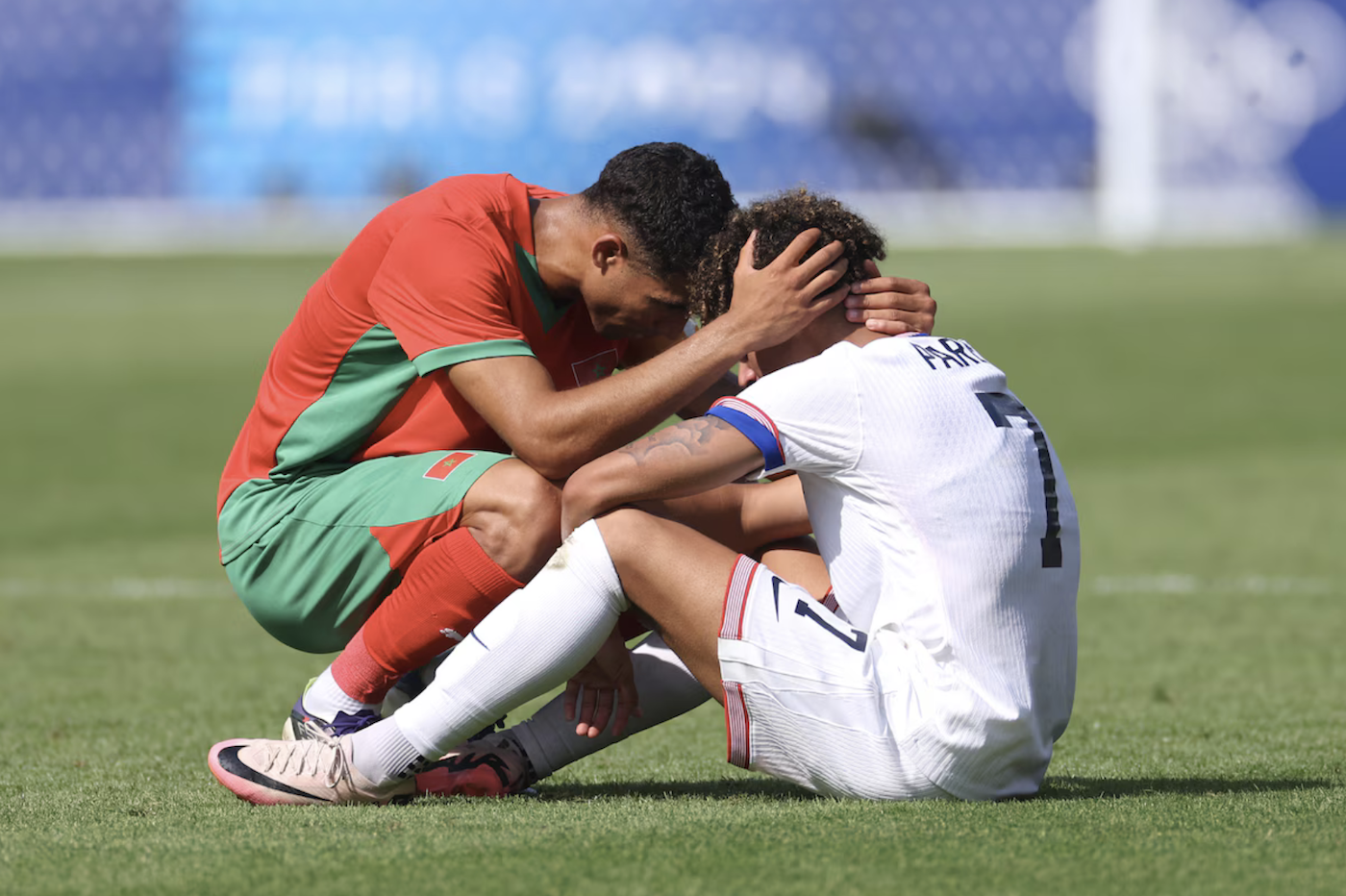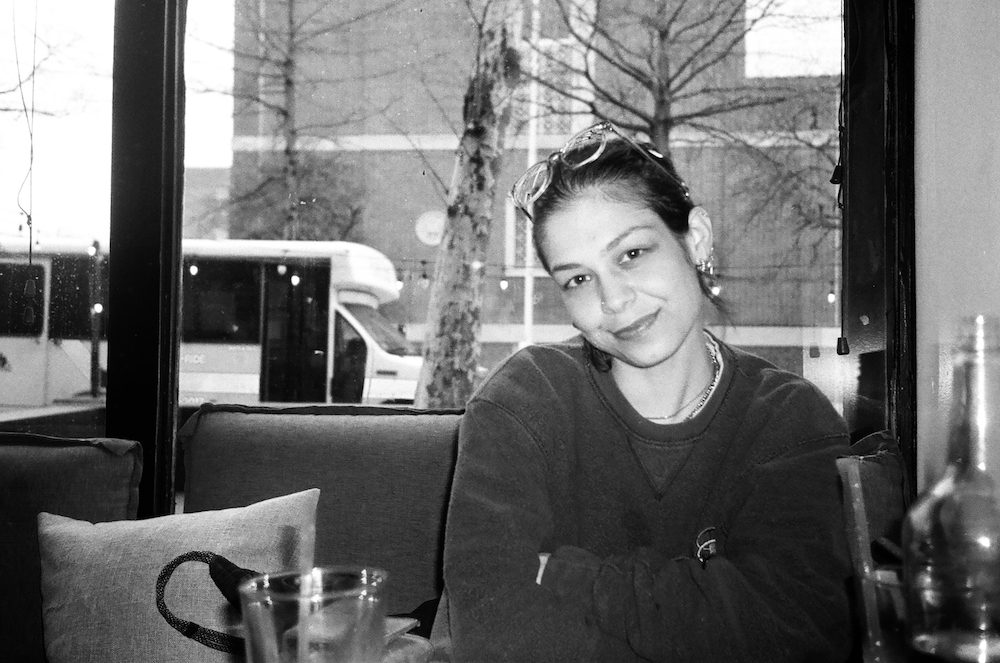I will be heading to Atlanta tomorrow for DragonCon, and I am very excited, as I am every year as this event approaches. For those of you searching for me in the program, I am listed as D.B. Jackson, which makes me a bit trickier to find. So here is my schedule, in all its hectic glory! Hope to see many of you there this weekend!!
Please note, in addition to the items listed below, I will also be selling books at the Fantasy Gather on Friday night in the International Ballroom of the Hyatt. That event will run for much of the night and while I will have to duck out for my 8:30 panel, I will be there for the balance of the evening!
And note as well that I will also be signing books on Sunday at 6:00pm in the dealers’ hall at The Missing Volume!!
Title: Wizard of Oz 85th Anniversary |
||
|
||
| Description: It’s been almost a century since MGM’s tornado ripped through Kansas & whisked Judy Garland away to the Technicolor land of Oz. Join us for a retrospective on this cinema classic. | ||
| Panelists: Jer Alford(M), Ed Greenwood, D.B. Jackson, Brian D. Anderson, Violette L Meier
|
||
Title: Irish Mythology |
||
|
||
| Description: The myths & legends of the indigenous Irish are some of the best preserved Celtic mythology we know of. Full of warrior kings, monsters, & gods, Irish mythology has influenced High Fantasy for centuries. | ||
| Panelists: Ryan Cahill, Bethany DJ Kesler(M), D.B. Jackson, Daniel Schinhofen, Constance G.J. Wagner
|
||
Title: Cooking with Science: Apple+ TV’s Lessons in Chemistry *Spoiler Alert* |
||
|
||
| Description: In Lessons in Chemistry, chemist Elizabeth Zott (played by Brie Larson) starts her own cooking show, which also educates its viewers on science. Our panelists will discuss the miniseries, how it’s different from the book, and the true history behind the story. | ||
| Panelists: D.B. Jackson, Mel Todd, Stuart Jaffe, Jenna Johnson(M), Jeni Green
|
||
Title: Geralt of Rivia, the White Wolf |
||
|
||
| Description: Toss a coin to the protagonist of the Witcher franchise of books, games, & television adaptions. Inspired by Slavic mythology, Geralt wanders the Continent slaying monsters & solving problems. | ||
| Panelists: JM Paquette, D.B. Jackson, Kevin A. Davis, Rebecca Fant(M)
|
||
Title: A Song of Historical Inspirations |
||
|
||
| Description: While most High Fantasy is inspired by myths & legends, GRRM takes the unusual step of basing his stories on the real & very bloody histories of European monarchies. | ||
| Panelists: Jennifer Liang(M), D.B. Jackson, Milton J. Davis, Courtenay Cody
|
||
Title: The Adventure Begins |
||
|
||
| Description: New writers always ask, ‘Where do you get your ideas?’ Or ‘How do I get started writing a book or story?’ The years of experience racked up by our panel discussion will answer some of these questions – and more. | ||
| Panelists: Bill Fawcett(M), D.B. Jackson, Elizabeth Donald, Richard Fierce, James Palmer, Todd J McCaffrey
|
||
Title: Astronomical Phenomena in High Fantasy |
||
|
||
| Description: Explore how stars, moons, & cosmic events shape fantastical worlds, influence cultures, & drive narratives in literature. | ||
| Panelists: Roy Kilgard, Bethany DJ Kesler(M), DL Wainright, Constance G.J. Wagner, D.B. Jackson
|
||
Title: Magical Artifacts & Items of Power |
||
|
||
| Description: Artifacts & imbued items have long been a staple of fantasy. Our panelists will discuss how they use this feature within their own work & how it has evolved over time. | ||
| Panelists: Jim Butcher, Richard Kadrey, Rachel Rener, D.B. Jackson, Carol Malcolm(M), Andrea Stewart
|
||
Title: Who Told the Characters They Could Do That? |
||
|
||
| Description: Are your characters driving the action in your books/stories? Should they be? Who’s the boss here, anyway? | ||
| Panelists: D.B. Jackson(M), Matt Dinniman, J.D. Blackrose, Stacey Rourke, S. L. Rowland, Tamsin L. Silver
|
||
Title: Favors, Bargains, & Schemes: The Fae in UF |
||
|
||
| Description: In folklore & contemporary fiction, the Fae take various forms & have a wide range of characteristics & goals. Our panel of authors will discuss the depictions used in their work & how the variety of traits & features led to their choices. | ||
| Panelists: Sarah J. Sover, Jim Butcher, Rachel Rener, D.B. Jackson, Jennifer Blackstream, Carol Malcolm(M) |











